The National Science Foundation’s Vision for a Quantum-Powered Future: Dr. Sethuraman Panchanathan at Quantum World Congress
Dr. Sethuraman Panchanathan, Director of the U.S. National Science Foundation (NSF), delivered an inspiring keynote at Quantum World Congress 2024, where he highlighted NSF’s decades-long commitment to advancing quantum technology and the transformative potential it holds for global society. As the agency charged with advancing all fields of scientific discovery, NSF’s focus on quantum computing is pivotal in shaping the future of technology, innovation, and education.
Seven Decades of Quantum Leadership
Dr. Panchanathan began by framing NSF’s work in quantum as part of a 70-year journey. Through sustained investments, the foundation has laid the groundwork for today's groundbreaking quantum advancements. This commitment has already led to significant results, from supporting over 280 patents in quantum-related fields to funding 44 Nobel laureates. But according to Dr. Panchanathan, NSF is just getting started.
“Our investments today are the result of decades of foundational work," said Panchanathan, underscoring the importance of continued research and support for quantum technology. He emphasized the role of the Quantum Leap Challenge Institutes, which bring together academia, industry, and government to create the necessary infrastructure for advancing quantum science.
Quantum at the Heart of U.S. Innovation
Dr. Panchanathan also discussed the pivotal role quantum plays in the U.S. government’s broader technological strategy, particularly with the passage of the Chips and Science Act of 2022. This bipartisan legislation allocated $150 million toward quantum research, and NSF, in partnership with other federal agencies, is working to scale quantum advancements across the country.
In his keynote, Panchanathan stressed the need for long-term, sustained investments: “Technologies like quantum don’t emerge overnight—they take decades of support and vision. This is why we continue to invest heavily, ensuring a future where quantum solutions can address the world’s greatest challenges.”
Broadening Participation and Democratizing Opportunity
U.S. National Science Foundation Director Dr. Sethuraman Panchanathan presents at Quantum World Congress 2024.
Perhaps the most impactful part of Dr. Panchanathan’s speech was his emphasis on inclusivity and democratizing innovation. He spoke passionately about NSF’s mission to provide opportunities to all, regardless of geography or background. Programs like ExpandQISC, a $77 million initiative, are designed to grow quantum research capacity across the U.S., especially in underrepresented regions.
NSF’s investments don’t just focus on cutting-edge technology—they also prioritize building the next generation of talent. “It all starts and ends with people,” Panchanathan said. “We must ensure that every ounce of talent across the country has the opportunity to contribute to this incredible future.”
Global Collaboration for Quantum Breakthroughs
Looking to the future, Dr. Panchanathan stressed the importance of international partnerships. He highlighted NSF’s role in fostering global research collaborations through initiatives like the Global Research Centers and the National Quantum Virtual Laboratory, which democratize access to quantum research tools. These partnerships will enable researchers worldwide to collaborate on solving complex challenges that quantum technology is uniquely positioned to address.
As Dr. Panchanathan concluded, he left the audience with a call to action: “Now is the time to bring together every resource, every partnership, and every ounce of talent to scale innovation and drive quantum breakthroughs.” His message resonated throughout the conference, underscoring the critical role NSF plays in advancing quantum technology and ensuring it benefits society as a whole.







